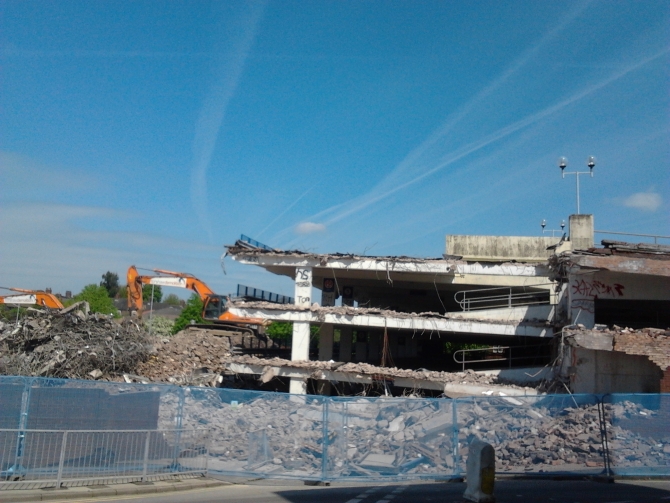The Lord Mayor of Dublin is the highest profile local politician so far to have publicly backed a government proposal to impose a levy on “mothballed” development sites.

As part of its new strategy to kick-start the construction sector the Irish government has admitted there is a “strong case” for enabling local authorities to impose a levy on vacant sites in Dublin. If the scheme proves successful in the capital it is expected to be rolled out across the nation next year.
“The statement that a strong case has been made for enabling the levy is very encouraging and I would read the report as very much in favour of moving on the idea,” said Dublin mayor, Oisín Quinn.
Pressure has been building on the Department of the Environment to introduce legislation to enable local authorities to impose the levy on landowners hoarding vacant sites that could be used for commercial development for some time. Officials within the department have made no secret of their backing for such a “tax”, as have the Minister for the Environment, Phil Hogan, and the Minister of State for Housing Jan O’Sullivan.
“The lack of supply of development land is a problem that’s only getting worse and the longer it goes on the more chance we will lose big businesses to Berlin and Barcelona, that is the real risk of mothballing commercially zoned land,” explained Quinn, whose authority submitted proposals for the levy to the department last July. “I would now expect the department to make this a priority and to swiftly bring forth legislation.”
Even the prospect of a levy is starting to have a positive effect with more Dublin sites becoming the subject of development applications or being offered for sale, added the city council’s senior planner Kieran Rose. “It’s behavioural economics in action,” he said. “The probability of a vacant land levy is already having an impact on site owners and purchasers, but we need to have the levy in place to properly increase the supply of land.”
A number of council leader and planners across Ireland have already lobbied the government for the swift introduction of a nationwide scheme. Not all developers, however, are convinced of the levy’s benefits.
“The recession may well be over, but the commercial and industrial sector is still a difficult place to make a profit,” one businessman admitted. “Sometimes a piece of land becomes available when you are not ready to build on it. Imposing a so-called tax on a site is yet another cost we will need to factor in — and hardly seems the ideal way of breathing life back into the construction industry.”